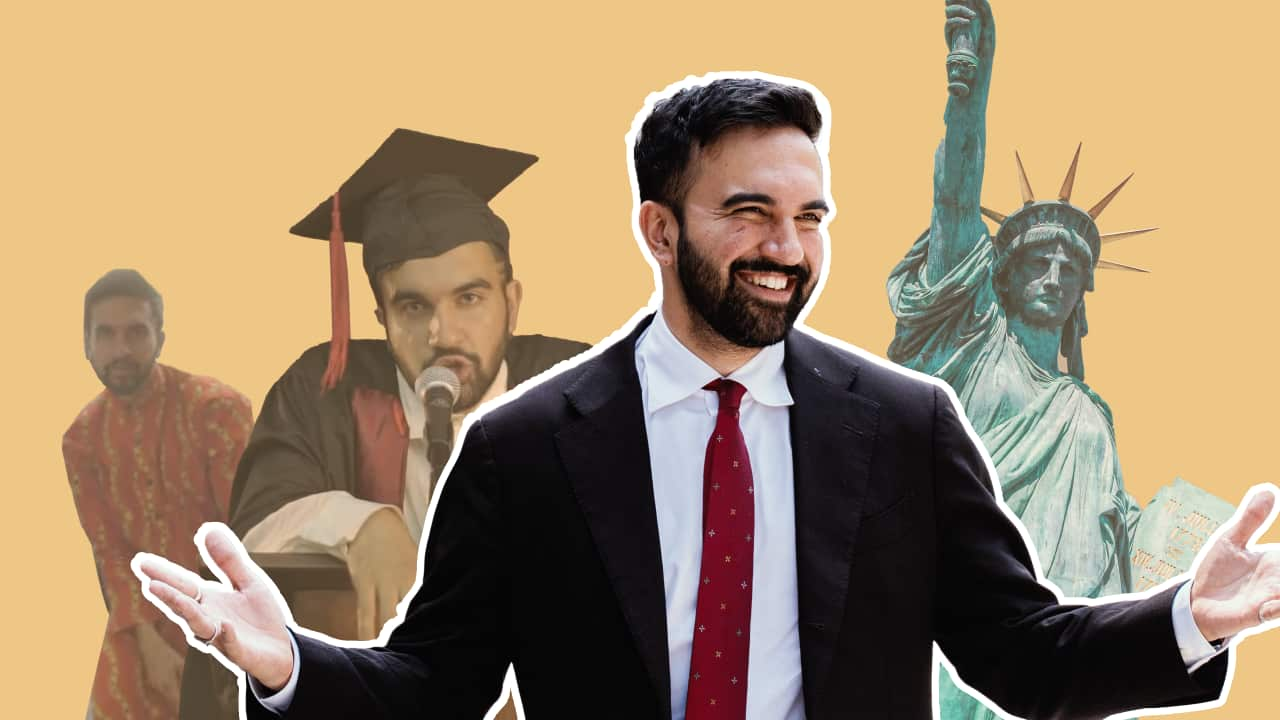Dramatic missile strikes, a swearing president, and a decades-long rivalry have come to a head with explosive repercussions for the Middle East, as 12 days of fighting end on unsure footing.
Both sides have now claimed victory for themselves as a fragile agreement to end the fighting takes hold, but a raft of unanswered questions remains in a region that experts told SBS News could destabilise further.
Shifting dynamics, but fundamental issues remain
The political landscape of the Middle East has been upended in recent years, with the weakening of Hamas and Hezbollah, a leadership change in Syria and Iran’s top brass being wiped out.
Israel has also employed unusual tactics in going ahead with strikes on Iran before receiving the backing of its long-time ally, the US.
Jessica Genauer, senior lecturer in international relations at Flinders University, told SBS News a ceasefire overseen by the US could hold in the short term, but the fundamental security situation in the Middle East has not actually changed.
“The narrative of the Iranian regime, that it is in a sort of long war with both the United States and Israel, something that’s been core to that regime for many decades, certainly has not changed,” she said.
“And the narrative in Israel, that Israel is also in an ongoing conflict with Iran, has certainly not lessened. If anything, the feeling in Israel is heightened.”
While this adversarial relationship still exists between Israel and Iran, Genauer said the latter has been “weakened”, as its proxies, Hezbollah and Hamas, have been targeted.
She said the October 7 attacks, when Hamas fighters stormed southern Israel in 2023, and the subsequent Israeli assault on Gaza have been significant.
“As a result of Israel’s response to those October seven attacks, we’ve seen Hamas almost completely decimated in terms of their leadership and military capability,” Genauer said.
“We’ve also seen Hezbollah in Lebanon, which tried to join attacks against Israel after October 7, severely degraded in terms of the strata of their key leadership being wiped out, and then also severely degraded in terms of their military capability.”
What does this mean for Iran’s leadership and nuclear program?
Genauer said a combination of domestic dissatisfaction and civil unrest in Iran could potentially lead to a regime change.
“I wouldn’t be surprised if within the next year to 18 months we did see a destabilisation of the Iranian regime from within,” she said.
A change of leadership in Iran could have “major” implications for diplomacy in the region, she said.
Eyal Mayroz, a senior lecturer in peace and conflict studies at The University of Sydney, said it remains uncertain whether Iran will be able to retain control of its internal affairs and regional proxies.
He also said the nation was “divided” in its support for a nuclear program, which could create further issues for the regime should it continue to enrich uranium.
“So as long as this regime is alive and kicking, its long-term nuclear goal is still there,” he said.
“Iranians have patience, there’s no need to resume their research tomorrow or next month. They may feel that down the track, if they had the deterrence of nuclear power, then they won’t be attacked in the future.”
What happens next?
While Iran’s power in the region appears to have diminished, Trump’s influence has been on full display, as his ambitions as a peacemaker could possibly turn his attention to Gaza, Mayroz said.
“Trump is keen to get a Nobel Peace Prize, and he will likely push ahead with a deal on Gaza,” he said.
“[Benjamin] Netanyahu might not want to make a deal with Hamas, but if Trump pressures him, and if Trump thinks Netanyahu owes him a favour, he might push even harder for a Gaza deal.”
Genauer said Trump views himself as a deal maker, and has during his current term, pursued a number of peace agreements, though with limited success.
“He tried with Russia and Ukraine, he really hasn’t gotten anywhere with that, primarily because President [Vladimir] Putin is not playing ball with Trump,” Genauer said.
“He’s also tried to broker a ceasefire between Israel and Hamas and has had very little success with that. And clearly that’s something that has frustrated him.”
She believes Trump would continue to exert military pressure in the region, and as Iran and its allies face uncertain times, is likely to “prop up” Israel as a key power in the Middle East.







